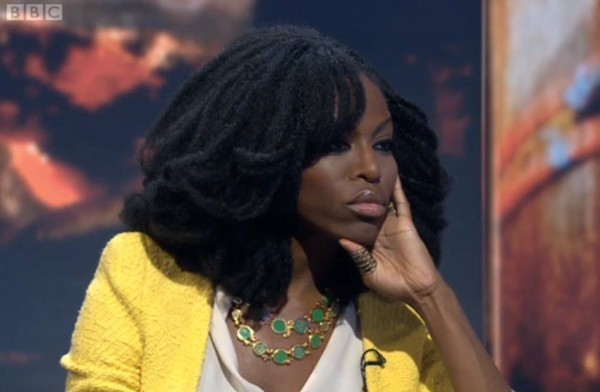
Taiye Selasi has argued against suggestions that South Africa’s cultural atmosphere “isn’t African enough.” She discussed it while speaking with Huffington Post during her visit to the country for the Nirox Words Festival. She counters the idea of Africanness as a phenomenon to be explained away in a monolithic manner.
“What is Africa supposed to feel like?” she asks. “I can be in Accra and drive 45 minutes away and already experience something completely different, so I wouldn’t know what that ‘Africa’ was—that monolithic, one-note, single-story Africa that South Africa is supposedly meant to be more like. In order to say that South Africa doesn’t feel like Africa, you would have to first believe in a huge fallacy, which is that Africa is one thing.”
“You see, I flew into Johannesburg, but I know that this is different to Durban, which is different again from Cape Town, which is why I think the idea of ‘locality’ is so important. To be a local of Cape Town is not the same as to be a local in Jozi. To be a local in Lagos is not the same as to be a local of Accra. So, I think if we can honour those nuances, and celebrate those complexities, then we are so much closer to genuinely celebrating what makes this place unique.”
The Ghana Must Go author, who was among Granta’s “Best of Young British Writers” in 2013, often describes herself in terms of localities rather than origin, with her 2015 TED Talk, “Don’t Ask Where I’m from, Ask Where I’m a Local,” rebelling against conventional tags of culture and supposed identity choices. The talk has been viewed more than 1.5 million times.
Find out more HERE.
About the Reporter:
Kanyinsola Olorunnisola is a poet, essayist and fiction writer and founder of SPRINNG literary movement. He writes from Ibadan, Nigeria. His writings border on the themes of unease, racism, colonialism, terror and all things familiar to the black folk. He describes his art as that specialized literary alchemy which aims to extract beauty from the frail commonplaceness of words. His experimental works have appeared on such platforms as TUCK Magazine, Brittle Paper, Kalahari Review, Bombay Review, Lunaris Review, African Writer, Sprinng.org, Authorpedia, Parousia Magazine and Sampad International Journal. He was the 2016 recipient of the Albert Jungers Poetry Prize.


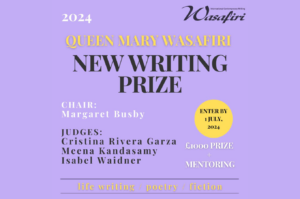
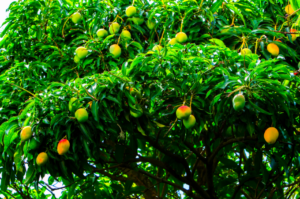

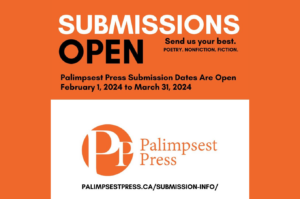
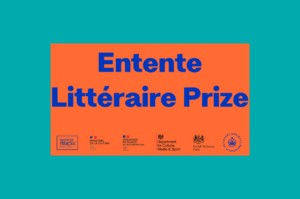


Taiye Selasi Wants People to Stop Saying That “South Africa Isn’t African Enough” — Brittle Paper – Afrikáná November 03, 2017 07:17
[…] via Taiye Selasi Wants People to Stop Saying That “South Africa Isn’t African Enough” — Brittle … […]